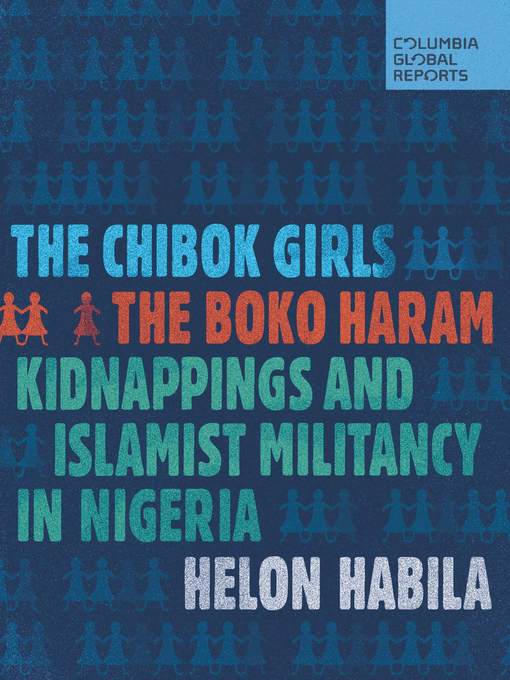An important dispatch from a new, multipolar order that is taking form before our eyes
A vast cultural movement is emerging from outside the Western world. Truly global in its range and allure, it is the biggest challenge yet to Hollywood, McDonald's, blue jeans, and other aspects of American mass-produced popular culture. This is a book about the new arbiters of mass culture—India's Bollywood films, Turkey's soap operas, or dizi, and South Korea's pop music. Carefully packaging not always secular modernity, combined with traditional values, in urbanized settings, they have created a new global pop culture that strikes a deeper chord than the American version, especially with the many millions who are only just arriving in the modern world and still negotiating its overwhelming changes.
Fatima Bhutto, an indefatigable reporter and vivid writer, profiles Shah Rukh Khan, by many measures the most popular star in the world; goes behind the scenes of Magnificent Century, Turkey's biggest dizi, watched by more than 200 million people across 43 countries; and travels to South Korea to see how K-Pop started. Bhutto's book is an important dispatch from a new, multipolar order that is taking form before our eyes.
"Bhutto's razor sharp, intriguing introduction to the various pop phenomena emerging from Asia." —Tash Aw, Financial Times



